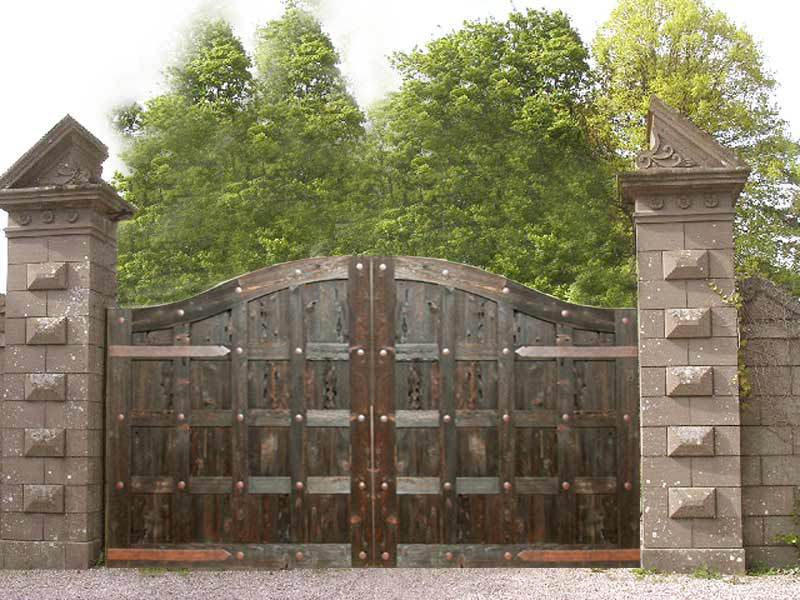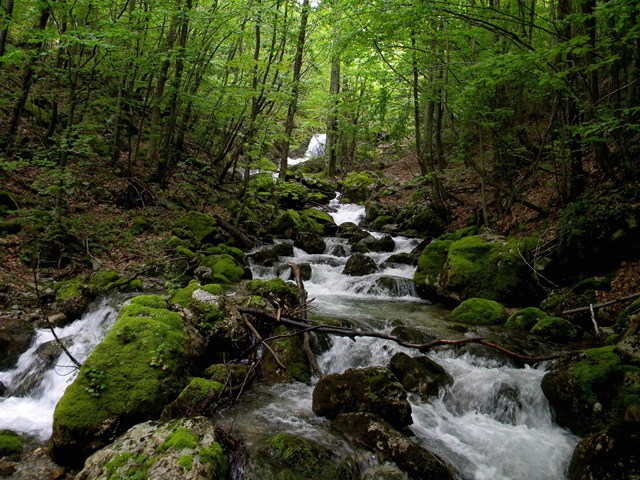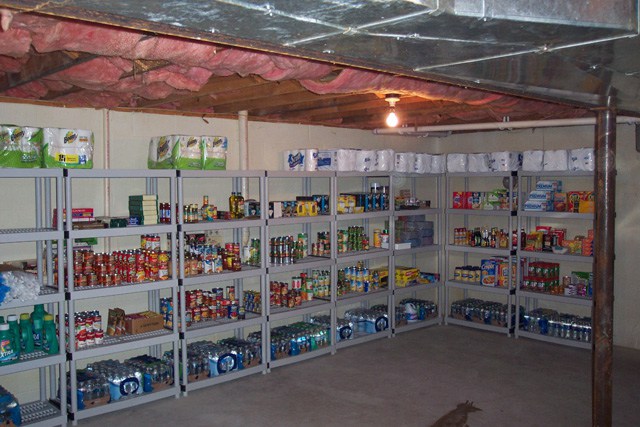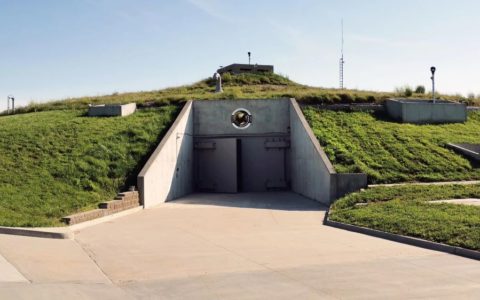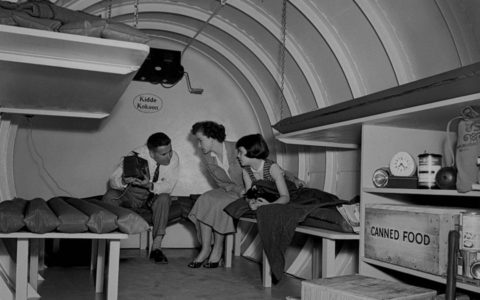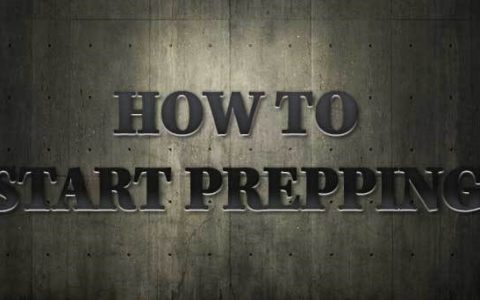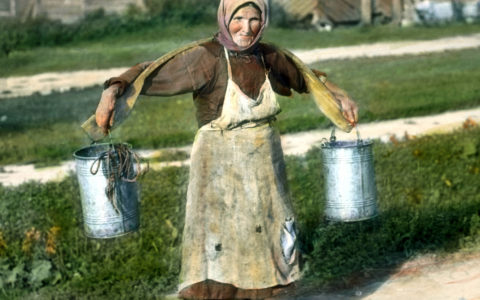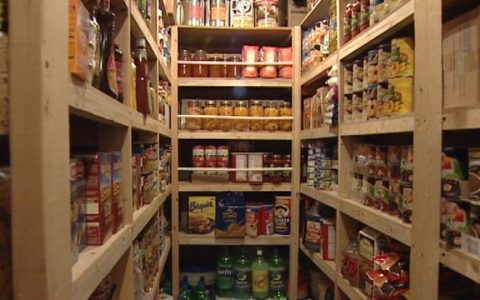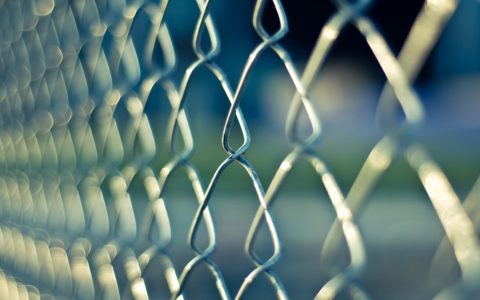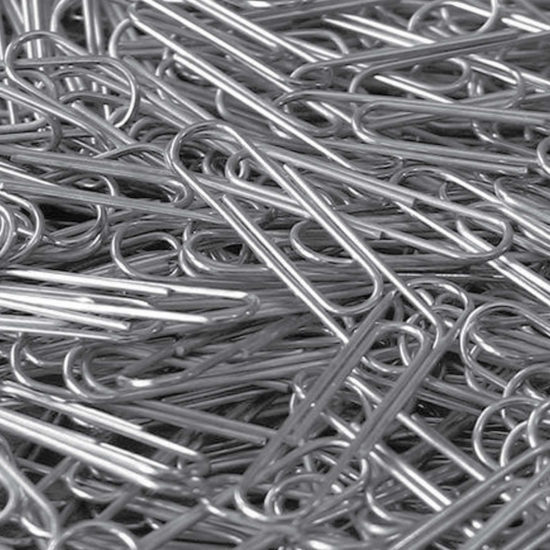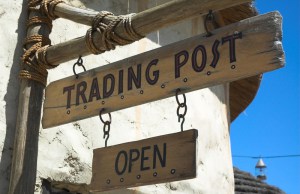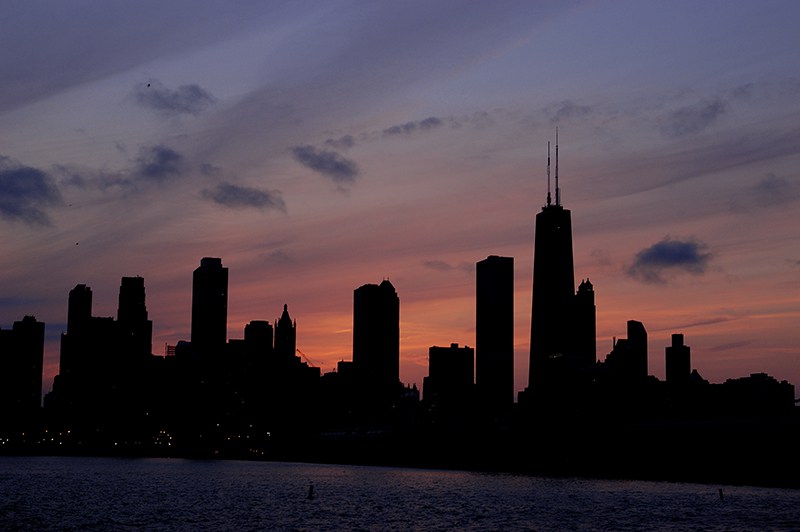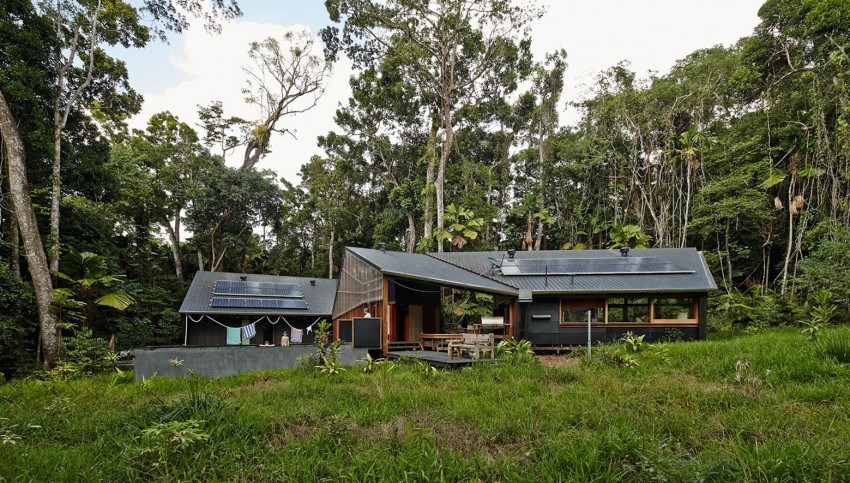
For preppers, a home’s location is of utmost importance. Your home is your headquarters, your castle and sanctuary. It’s the one place you hope to feel in control when chaos breaks out.
Serious preppers are beginning to invest in purpose-built retreats that are off the grid and away from the fray. But make no mistakes about it. These retreats aren’t about relaxation and taking in a scenic view. The sole intent is to have a place that is made to stand on its own if humanity were to falter. In this article we will highlight 7 factors to consider if you are looking for the best property for preppers.
Determining Access to your property
Professional movers like North American have helped thousands of people move to urban areas and remote locations. One important piece of advice they give to preppers looking for a remote retreat is to always consider access. How will you and others access your retreat location?
Thinking about how you will control access to your retreat property is an important consideration.
For most people, it’s fairly easy to get vehicles and moving trucks to a new home. Preppers that live in non-traditional areas like a hillside may need to work out additional logistics to get a home setup or built. This can actually be a benefit since it will also be difficult for others to get on the property. However, be prepared to construct your own roads if you’re looking for raw land to build on. This could have major consequences on price.
If a property is heavily wooded there could be hidden access points. It’s important to walk the entire perimeter of the property looking for entry points and notating where fencing or barbwire will be needed to block access.
Must have sustainable Water Supply
A sustainable and abundant source of water is a must.
Having a ready supply of clean water is the biggest priority during natural disasters, riots, war and every other emergency situation. Preppers understand that they need to have a long-term solution that goes beyond storing gallons of bottled water.
It may be difficult to find a piece of property along a stream, river or lake that isn’t already in a developed area. Flooding is also a concern in these locations. The better option is to have a well. Currently, about 15% of Americans have private water sources. However, you will want to check the local health department for information on water regulations and testing guidelines in the immediate area.
What are the Security Issues of your property?
Securing your property is necessary for protecting your people and supplies. Many preppers look for property that’s already fenced off with access controlled by a security gate. If the property has no perimeter barrier that will need to be factored in before deciding on an asking price. It’s also important to bear in mind that vegetation is no substitute for fencing. It can slow people and animals down, but it won’t keep them out.
Do you have adequate Storage for your supplies
Tiny Homes are catching on, but they don’t have anywhere near the amount of storage you would need for your prepper property.
From food containers to firearms, preppers know the importance of stocking up on supplies. The problem is you need a place to store everything so your supplies aren’t compromised. Many prepper real estate consultants suggest that people consider properties with at least five acres in order to have enough space of living, farming and storage.
How you store food could have serious implications on survival, strength, health and morale. Properties that already have a storage shed or barn that can be secured will put you ahead of the curve. Dark, underground cellars offer good storage for canned goods, but you may need a climate-controlled space with low moisture levels for wheat, grains, legumes and fresh produce storage.
What is your Off the Grid Power Supply?
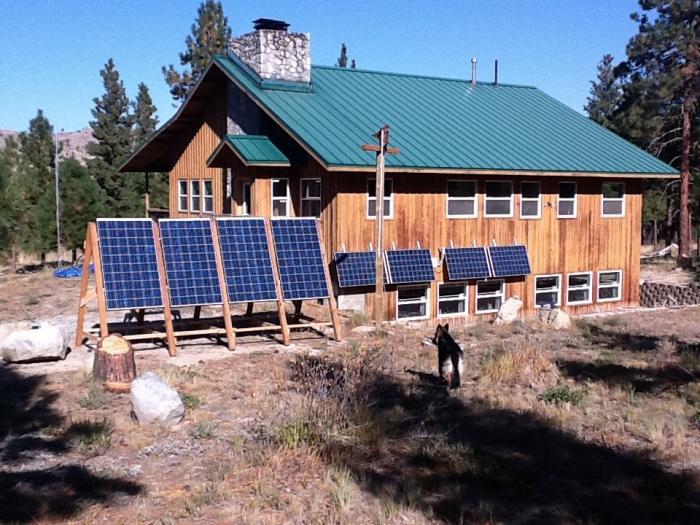
Mounting Solar panels on roofs or moveable frames allow for easy access for maintenance.
During a worst case scenario, the power grid will likely go down. People that have prepared in advance by putting together an independent power supply will have all of the modern day conveniences, including security systems and device chargers.
Homes that have already been outfitted with solar panels, wind turbines, thermal heating and gas-powered generators are essentially move-in ready. If power supplies aren’t in place you’ll have to assess the area to gauge its wind and solar power potential. Ideally, you’ll want a variety of power sources and ample power storage for times when the wind and sun aren’t in abundance.
Soil Conditions for crops
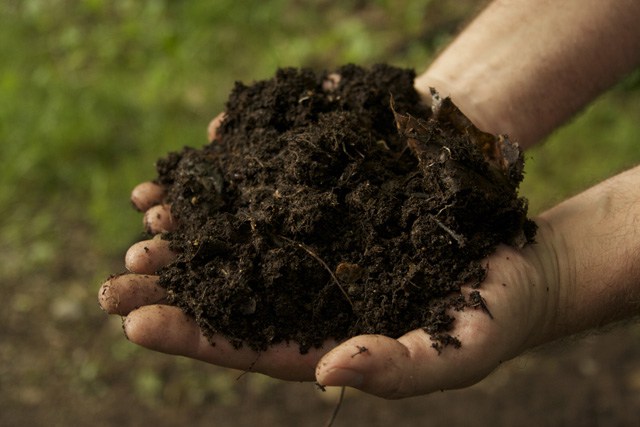
The soil quality will be a major factor in your ability to raise your own food.
Like water, food is a necessity for sustaining life. You can go much longer without food (at least three weeks), but the fact remains that your rations won’t last forever. Eventually, your stock of food supplies will be depleted, and you’ll have to rely solely off the land.
Many people overlook the health of the soil on a property even though finding a spot that can support crop growth and has good drainage is critical. If the property already has fruit trees or a garden that’s a very good sign. Remember, your store bought food supply will only last so long. You have to stock up on seeds and consider how your land can produce sustenance.
Bonus – Underground Bunker
The ultimate property feature for preppers is an underground bunker. In the event there is a nuclear bombing or biological warfare a bunker is a last resort for surviving the fallout. Bunkers can be standalone structures or connected into the power grid. When connecting electrical and plumbing sources it’s important to ensure all the spaces around conduits and PVC pipes are thoroughly sealed with silicon caulking.


